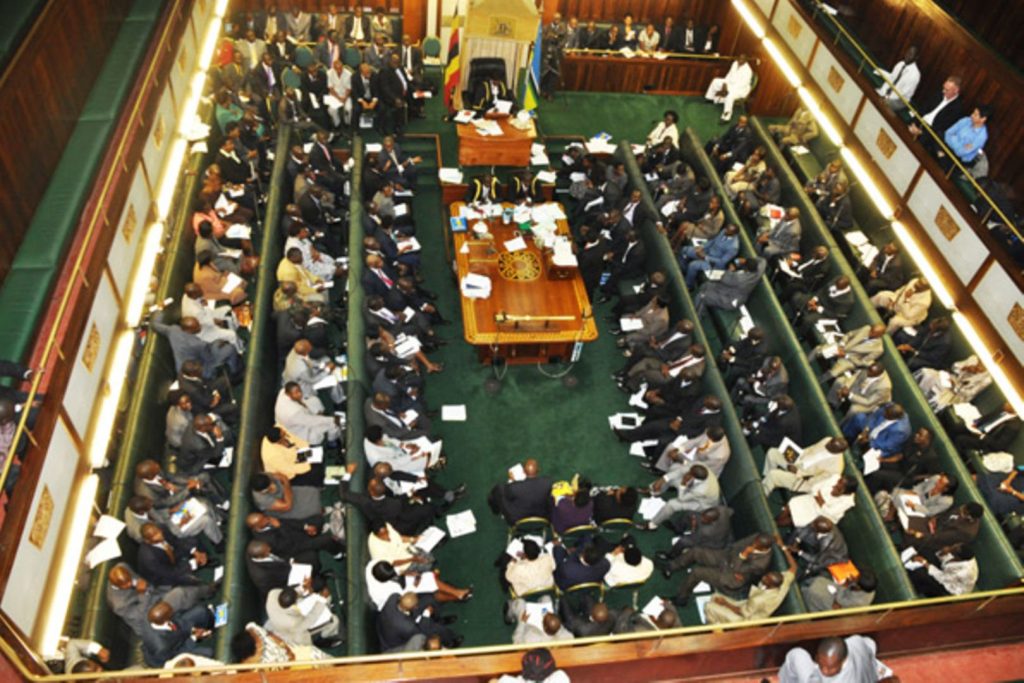The Executive is poised to introduce a bill aimed at rationalising various agencies today, spanning four vital sectors of the nation and marking a significant move towards efficiency and cost-saving measures.
The Prime Minister and the Leader of Government Business in Parliament, Robinah Nabbanja, have also outlined the agenda for Parliament sessions from February 13 to 15, highlighting the presentation of eight bills for deliberation. Among these are bills focused on rationalising government agencies within the Education, Internal Affairs, Natural Resources and Environment, and Works and Transport sectors.
The Premier has signalled the commencement of a comprehensive rationalisation and merger of government bodies, aiming to eliminate redundancy and streamline services, potentially saving over Sh1 trillion in public expenditure. Dennis Hamson Obua, the Government Chief Whip, emphasised the necessity of this move to strengthen ministries’ departments and prevent duplication of services.
This development comes following a previous rejection of a similar bill, revealing the government’s ongoing efforts to enhance efficiency and effectiveness in service delivery. Key agencies such as the Uganda National Roads Authority (UNRA) and the National Forestry Authority (NFA) were among those targeted for potential dissolution or merger.
However, stakeholders have raised concerns regarding the centralisation of certain services, particularly in areas such as road works. Analysts like Onesmus Mugyenyi question the wisdom of reverting to centralised systems, arguing that decentralisation was initially implemented to address deficiencies in central governance.
While some support the merger of redundant agencies, there are reservations about centralising essential services, especially those traditionally handled by local governments. Richard Okuku, Secretary General of the Uganda Local Governments Association, underscores the importance of decentralisation in promoting equitable resource allocation and service delivery at the grassroots level.
As debates around the rationalisation of government agencies unfold, stakeholders emphasise the need for careful consideration to ensure that reforms promote efficiency without undermining the principles of decentralisation and local empowerment.

